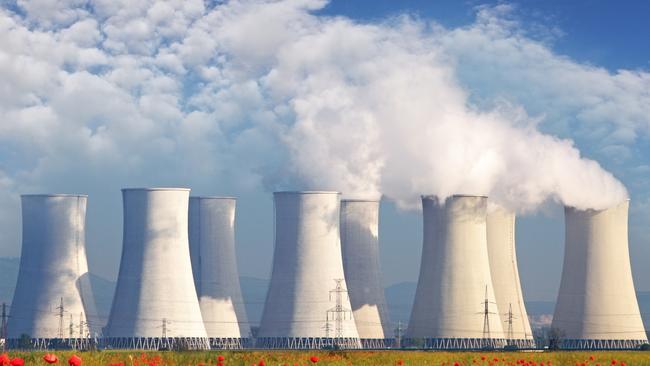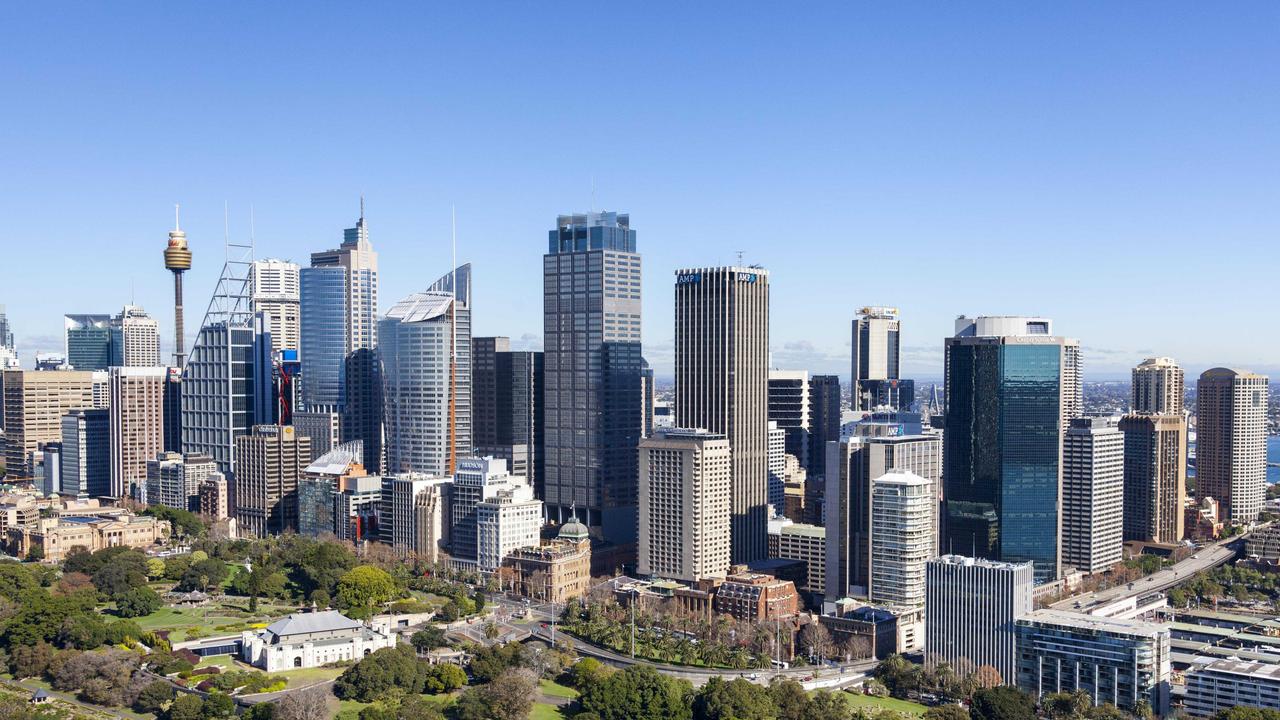
The chief executive of the $1.2bn uranium developer Boss Energy, Duncan Craib, has defended his move to offload more than half his shares in May. After the announcement its share price fell on the day by up to 10 per cent.
Boss Energy is an ASX-listed uranium company focused on the restart of the Honeymoon Uranium Project in South Australia and has surged in popularity among investors on the back of the rising uranium price.
Honeymoon is the first uranium project to come into production in Australia in a decade.
Uranium prices fell to $81 per pound in August, but have almost trebled since 2020 when sanctions were placed on Russia – one of the greatest global producers of the commodity – following its attack on Ukraine.
Boss Energy announced on May 27 that Mr Craib, chairman Wyatt Buck and director Bryn Jones all sold a portion of their respective shareholdings on market.
Mr Craib sold 3.75 million shares and retained 1.43 million and Mr Buck sold 291,000 shares and retained 170,000 while Mr Jones sold 600,000 shares.
Shares were sold at $3.63.
The company at the time defended the move saying that as of March, Boss Energy had no debt and $298m of liquid assets, and it had grown its market value from $37m to $2bn.
Several years ago, directors made personal commitments to not sell any shares until Honeymoon started production. It announced in April it had produced the first drum of uranium.
Mr Craib said at the Diggers and Dealers conference in Kalgoorlie this week that when he was recruited in 2016, the uranium price was $US18 a pound and there was “no light at the end of the tunnel”.
“I had been recruited from a $5bn company as finance director to take on a distressed asset and turn it around,” he said, adding that he was incentivised by shares and options.
Despite the price of the stock, the same approach would have been taken with respect to selling shares.
“Some have said we should have waited until nameplate (capacity) or stagged it, but that is effectively saying to me one can’t sell for 10 years, which is a long time,” he said.
He said that the company spent up to 10 per cent of its time looking at deals, with value accretive opportunities in Australia, US and Canada of interest as the industry looks to consolidate.
The company looked at buying ERA’s Jabiluka lease in the Northern Territory but it was conditional on government approval, which never eventuated and the offer was withdrawn.
Elsewhere, investors snapped up 411.7 million shares, or about 6 per cent, in gold miner Red 5 on Wednesday in a block trade through Euroz Hartleys.
Shares were sold at the 33.5c closing price.



